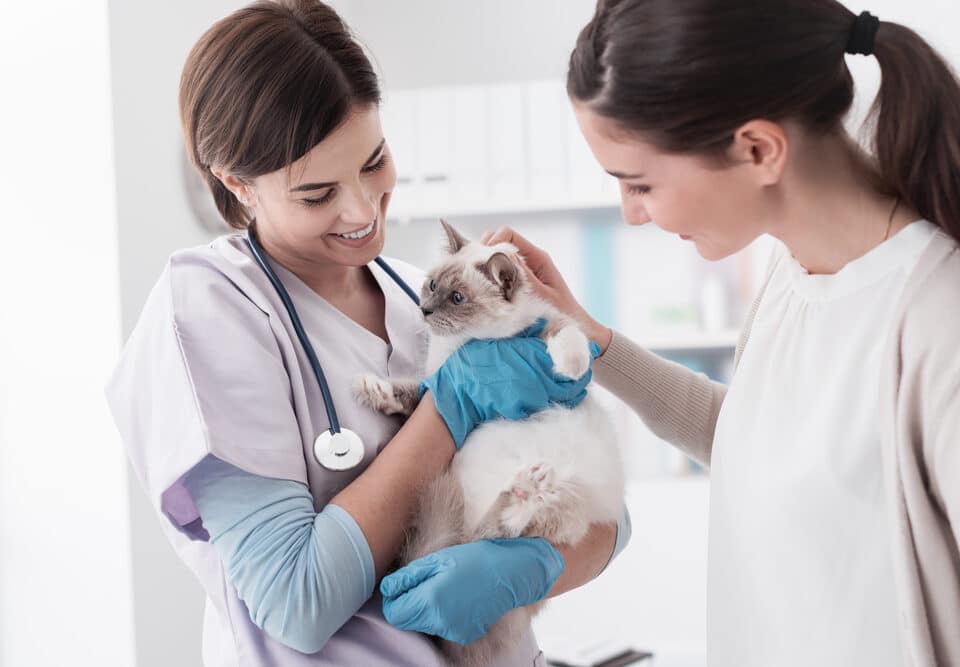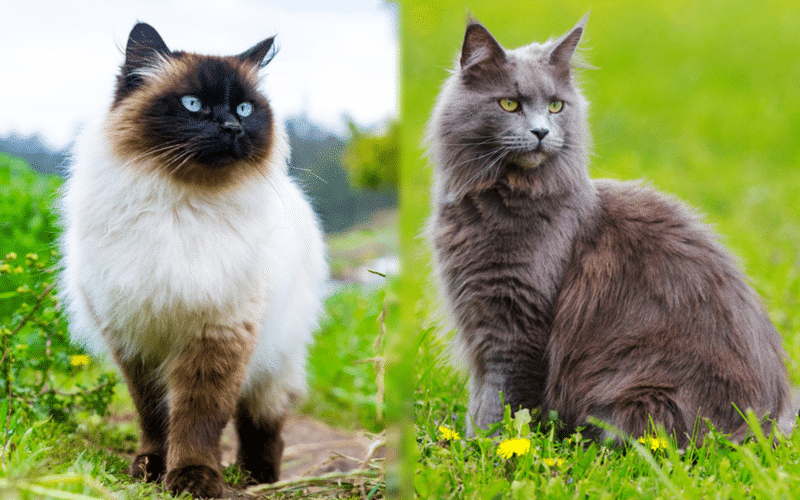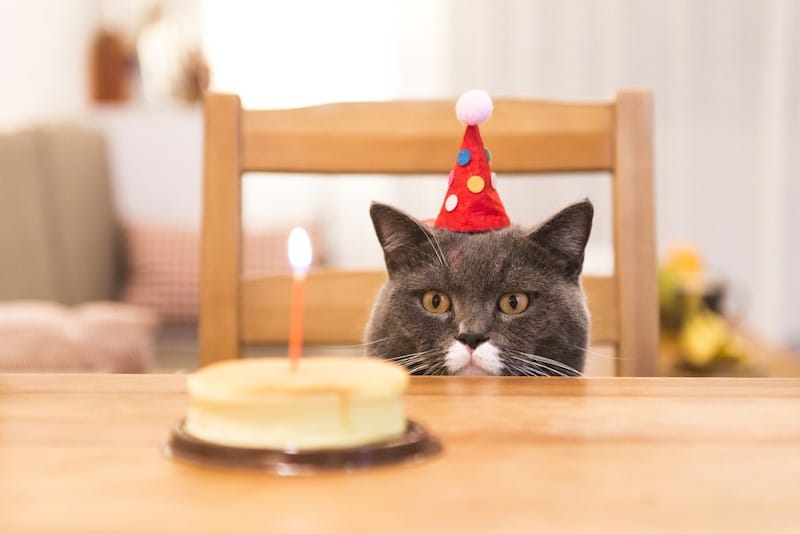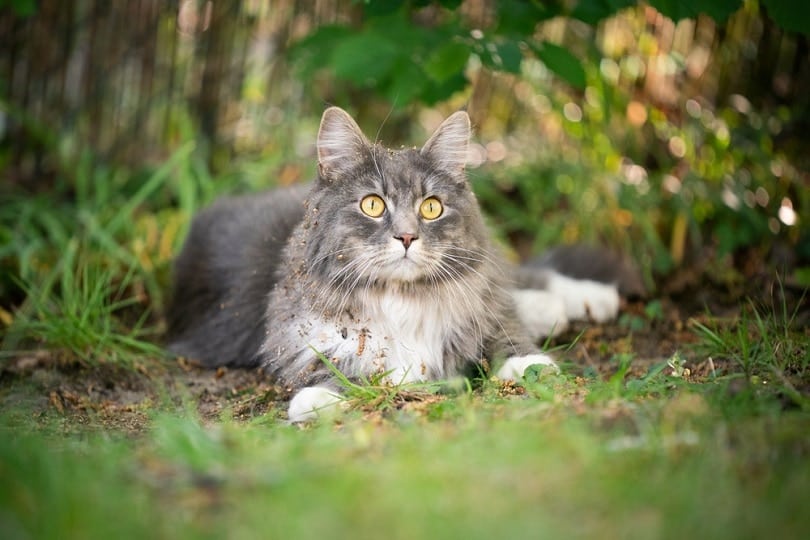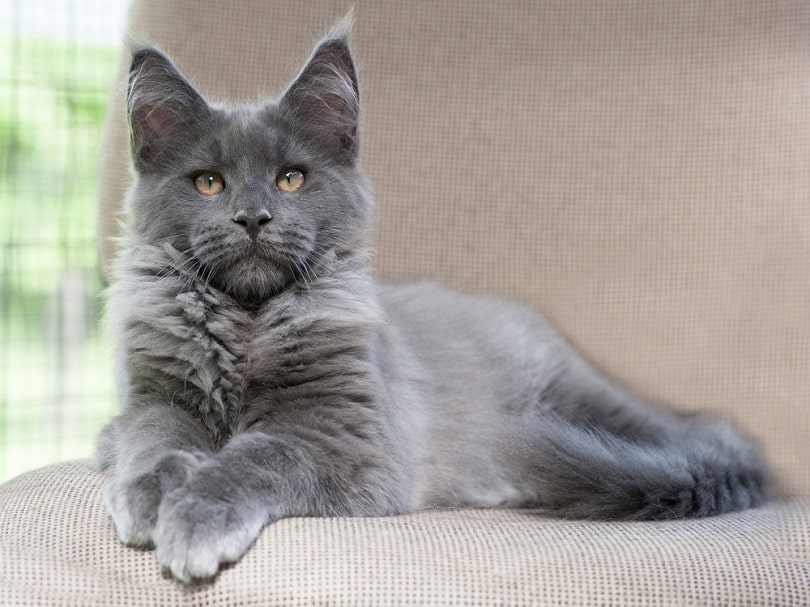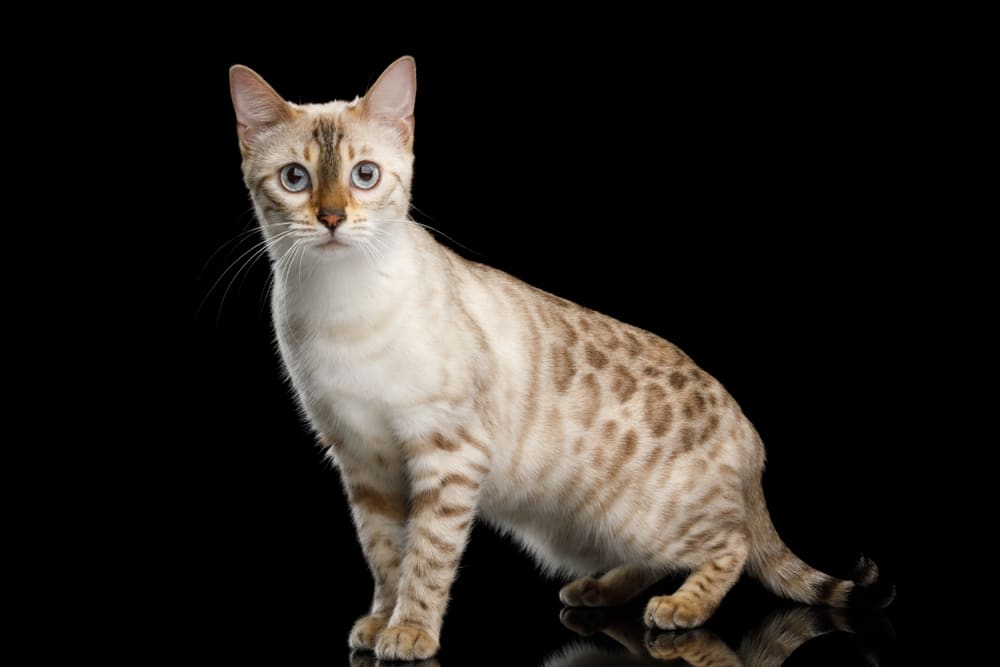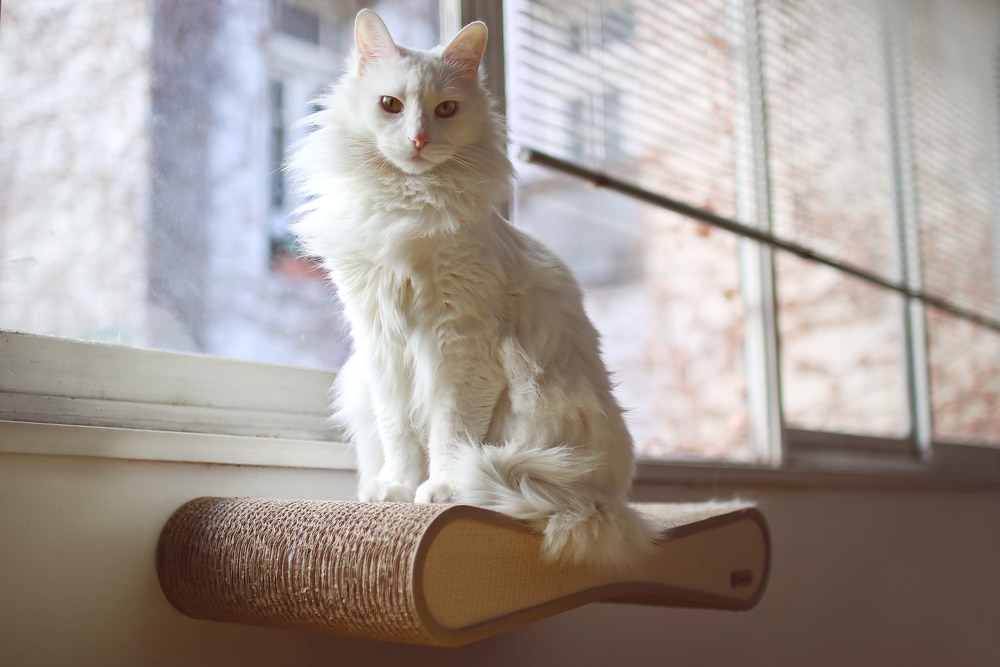Got a feline friend heading to surgery? Here’s the lowdown on why they’ll need to fast and how to handle it smoothly!
- Fasting reduces the risk of vomiting and aspiration during surgery, which can be dangerous for cats.
- Typical fasting times have shrunk from 12 hours to about 6-8 hours, though it varies by age and health.
- Mistimed fasting isn’t the end of the world, but it’s crucial to communicate with your vet for adjustments.
- Yes, cats can have water while fasting, but it should be taken away a couple of hours before surgery.
When a cat needs surgery, the big question is often about pre-surgery fasting. Cats need to fast before surgery to reduce the risk of vomiting and potentially breathing vomit into their lungs while under anesthetic. This, in turn, helps prevent complications like gastroesophageal reflux.
Fasting times have dropped from the old 12-hour rule. Nowadays, it’s typically around 6–8 hours. For kittens, it’s even less. A tiny bit of food 1-2 hours before surgery is often okay, especially for kittens under 4 pounds. Cats with diabetes might also get a small snack. Always follow the vet’s specific advice for your pet.
What if fasting times get mixed up? No biggie. If a cat fasts too soon, vets might feed them a small amount to coat the stomach. Fasting too late? Surgery might get rescheduled. The key is to communicate with the vet’s office as soon as any issues arise.
Water is allowed during fasting, but it should be taken away at least 2 hours before surgery. Keep the cat inside overnight to avoid any munching adventures. Make sure there’s a litter box available if the cat is used to roaming at night.
In a nutshell, fasting before surgery is crucial for cats to minimize risks. Always follow your vet’s guidance for the best results!
